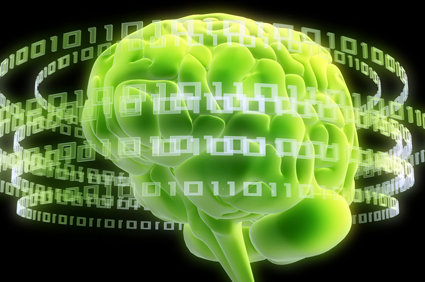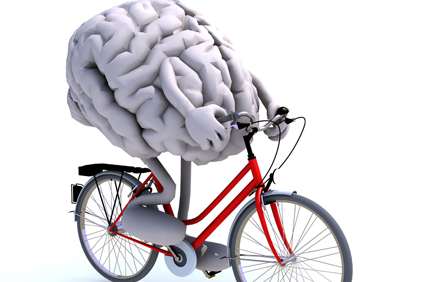
A recent scientific study dispels the theory that younger athletes may fare worse after sustaining a sports-related concussion than older athletes.
Researchers in the Vanderbilt Sports Concussion Center compared symptoms associated with concussion in middle- and high-school aged athletes with those in college-age athletes and found no significant differences between the two age groups. The study was called: “Does age affect symptom recovery after sports-related concussion? A study of high school and college athletes.”
Researchers reviewed a database on pre-concussion and post-concussion symptoms in two different age groups: younger (13-16 years old) and older (18-22 years old). Athletes (~100 in each group) were evenly matched with respect to gender, number of previous concussions, and time to the first post-concussion test.
SEE MORE: Concussions Caused By Soccer
Each athlete completed individual pre- and post-concussion questionnaires that covered a variety of symptoms associated with concussion, some of which were headache, nausea, dizziness, fatigue, sleep problems, irritability and difficulties with concentration or memory.
The number or severity of symptoms cited at baseline and post-concussion showed no significant difference between the two age groups. Symptoms returned to baseline levels within 30 days after concussion in 95.7 percent of the younger athletes and in 96.7 percent of the older athletes.
Source Citation: “AGE DOESN’T IMPACT CONCUSSION SYMPTOMS:’eSTUDY.” States News Service 26 Sept. 2013.



